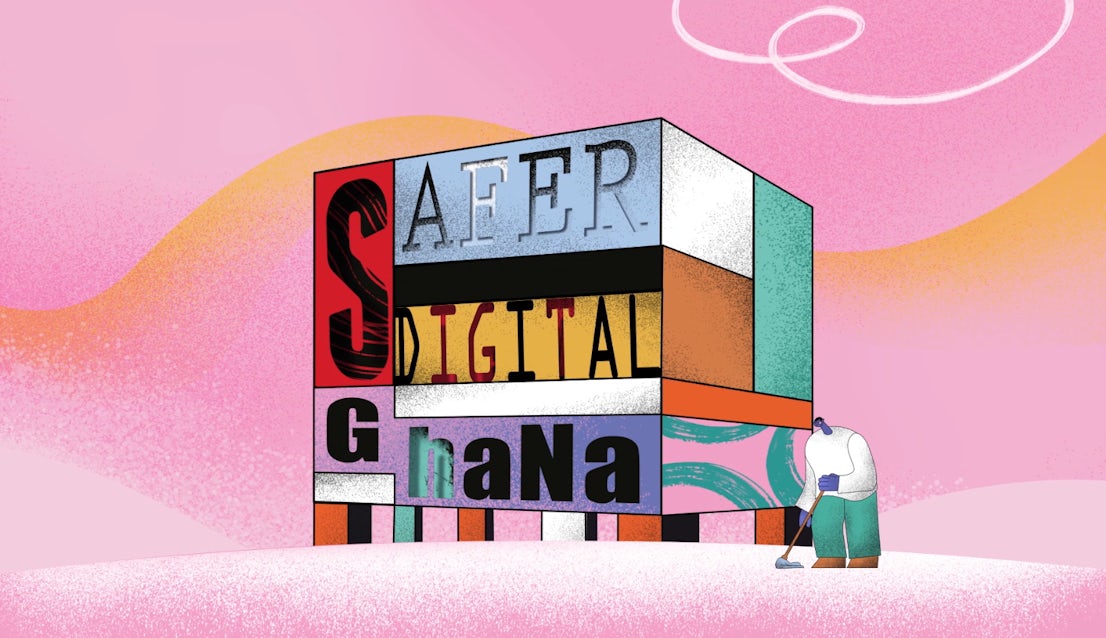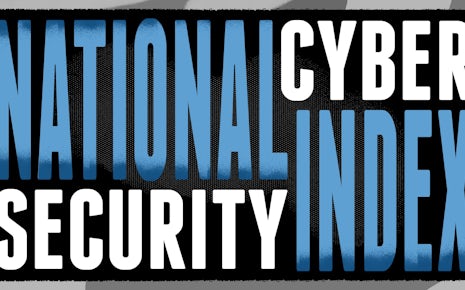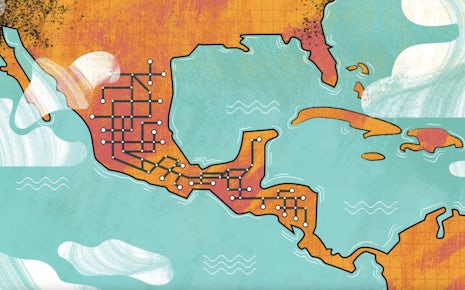The challenge

Digital transformation offers numerous opportunities for growth, but strengthening cybersecurity and building resilient digital societies is important to make these benefits last. Limited skills, as well as a lack of cybersecurity awareness can undermine government efforts to spur economic growth. In Ghana, the vision of the government has been manifested through several digitalisation initiatives—including the introduction of the Digital Property Addressing System, National Identification System, Mobile Money Financial Interoperability System, Paperless Port System, e-Justice System, e-Procurement system, and other e-Government initiatives. However, as the country scales-up connectivity as part of the government’s digitalisation agenda, the country has also become more susceptible to attacks by cybercriminals. Moreover, while bank losses represent a portion of the cost, a majority of incidents can be attributed to crimes committed against individuals and small businesses. Cybercrime has cost the country $230 million annually, and reported incidents increased three fold between 2016 and 2018, a trend which is likely to have worsened during the COVID-19 pandemic as technological dependence has increased.




